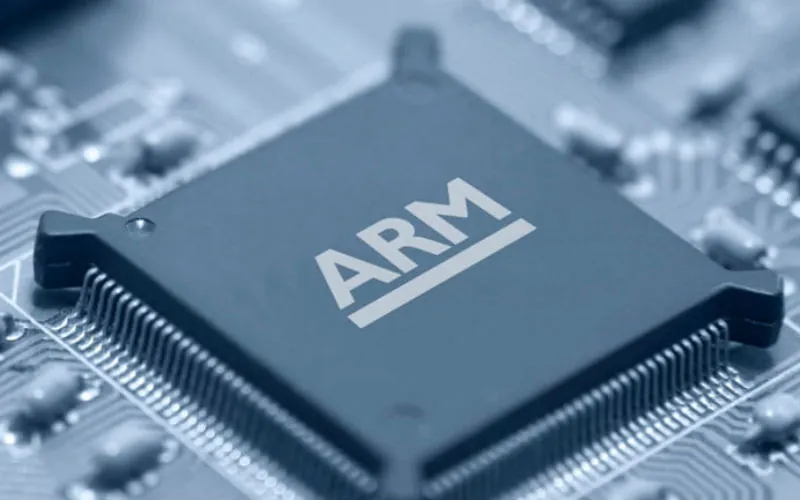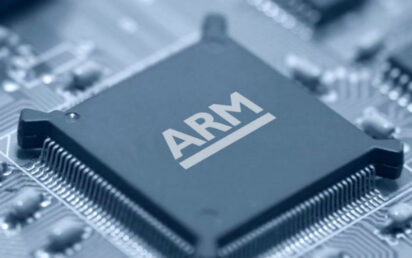A report from the UK’s competition watchdog says NVIDIA’s $40 billion purchase of Arm raises ‘serious concerns’.
The Competition and Markets Authority has recommended that the world’s largest ever semiconductor deal be referred to an in-depth investigation on competition grounds.
The Cambridge-headquartered chipmaker, owned by Japanese giant SoftBank, revealed in September 2020 that it had agreed a sale to the American graphics chip specialist in a deal which was expected to complete within 18 months.
It was revealed in January of this year that the CMA planned to start a formal investigation into the deal, with the UK government then instructing it in April to begin a ‘Phase 1’ investigation into specific considerations around competition, jurisdiction and national security.
The report was delivered to the Secretary of State for the Department for Digital, Culture, Media and Sport on 20th July, ahead of the set deadline, and has now been published.
Arm Holdings, which employs 6,500 staff – 3,000 of them in the UK – develops and licenses intellectual property and software tools for chip designs. The products and services supplied by the companies support a wide range of applications used by businesses and consumers across the UK, including desktop computers and mobile devices, game consoles and vehicle computer systems.
https://businesscloud.co.uk/adam-crozier-appointed-chairman-of-bt/
Should the deal go ahead, the CMA is concerned that the merged business would have the ability and incentive to harm the competitiveness of NVIDIA’s rivals by restricting access to Arm’s intellectual property.
Arm’s IP is used by companies that produce semiconductor chips and related products, in competition with NVIDIA. Ultimately, the CMA is concerned this loss of competition could stifle innovation across a number of markets, including data centres, gaming, the Internet of Things and self-driving cars.
It says this could result in more expensive or lower quality products for businesses and consumers.
“NVIDIA offered a behavioural remedy – a measure which regulates the ongoing behaviour of a business – but the CMA found that this type of remedy would not alleviate its concerns,” the CMA stated in reference to a guarantee from NVIDIA not to engage in anti-competitive practices.
“Therefore, the CMA found that the merger should be progressed to an in-depth Phase 2 investigation on competition grounds.”
https://businesscloud.co.uk/sysgroup-boss-plans-to-shake-up-manchester/
Andrea Coscelli, chief executive of the CMA, said: “We’re concerned that NVIDIA controlling Arm could create real problems for NVIDIA’s rivals by limiting their access to key technologies, and ultimately stifling innovation across a number of important and growing markets. This could end up with consumers missing out on new products, or prices going up.
“The chip technology industry is worth billions and is vital to products that businesses and consumers rely on every day. This includes the critical data processing and data centre technology that supports digital businesses across the economy, and the future development of artificial intelligence technologies that will be important to growth industries like robotics and self-driving cars.”
Digital Secretary Oliver Dowden will now decide whether the merger should be referred for a ‘Phase 2’ investigation on both competition and national security grounds, or if it should be passed back to the CMA to investigate on competition grounds only.
There is no timeframe for this decision.
“We look forward to the opportunity to address the CMA’s initial views and resolve any concerns the government may have,” NVIDIA said in a statement. “We remain confident that this transaction will be beneficial to Arm, its licensees, competition and the UK.”


